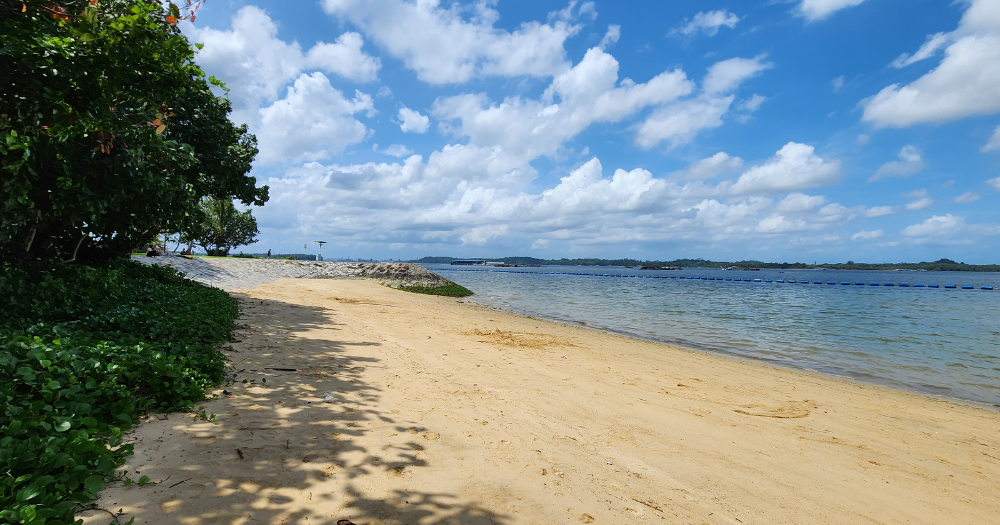Members of the public are advised against swimming at Pasir Ris Beach and Sembawang Park Beach due to elevated Enterococcus (EC) bacteria levels in the beach water.
In an advisory on Feb. 5, the National Environment Agency (NEA) revealed that both beaches received a "Fair" grading in the annual beach grading exercise, dropping from 2023's "Good" grading.The remaining five recreational beaches that are part of the exercise — East Coast Beach, Changi Beach, Punggol Beach, Seletar Island Beach and Sentosa Beach — maintained their “Good” grade and are suitable for all water activities.
Increased risk of gastrointestinal infection
EC bacteria is a genus of bacteria that is commonly found in the gastrointestinal tracts of warm-blooded animals, including humans.
The increased occurrences of EC bacteria at Sembawang Park Beach and Pasir Ris Beach could increase the risk of gastrointestinal infection when the water is ingested.
NEA is working with other agencies such as PUB, the National Parks Board (NParks) and the Singapore Food Agency (SFA) to investigate and mitigate possible sources contributing to the elevated EC bacteria.
"Based on our preliminary investigations, the elevated EC levels are from inland sources and are not transboundary in nature," NEA stated.
Water activities can continue
Signages advising the public against swimming will be put up along Pasir Ris Beach and Sembawang Park Beach.
The advisory discouraging the public from engaging in primary contact water activities will be in place until further notice.
Primary contact water activities refer to activities where a person’s whole body or face and trunk are frequently immersed and it is likely that some water will be swallowed.
These include swimming, wakeboarding, windsurfing and water immersion training.
Non-primary contact water activities, such as sailing, kayaking and canoeing may continue at the two beaches as per normal.
Based on WHO recreational water quality guidelines
The annual beach grading exercise is based on WHO recreational water quality guidelines.
Beaches with EC levels greater than 200 cfu/100ml for more than five per cent of the samples over a three-year period will be graded “Fair”.
At even higher EC levels, the beach would be graded “Poor” or “Very Poor”.
While the remaining five beaches have received a "Good" grade, NEA encourages beachgoers to refer to the Beach Short-term Water Quality Information (BSWI) on the NEA website or the myENV app, as there could be occasions when the EC count in the beach water is elevated.
Top photo from Dan / Google Maps
If you like what you read, follow us on Facebook, Instagram, Twitter and Telegram to get the latest updates.

